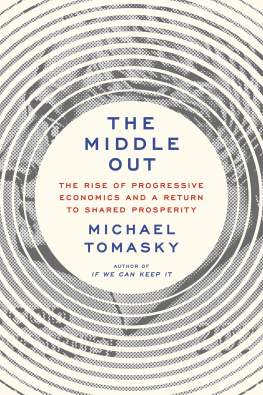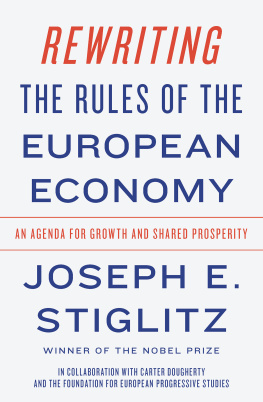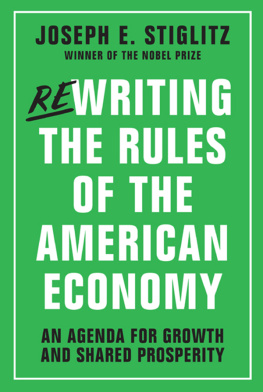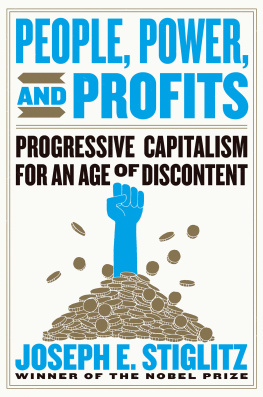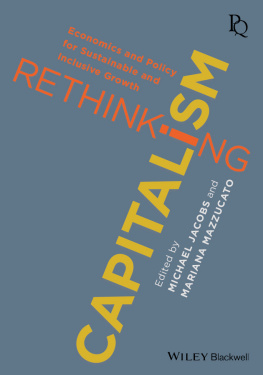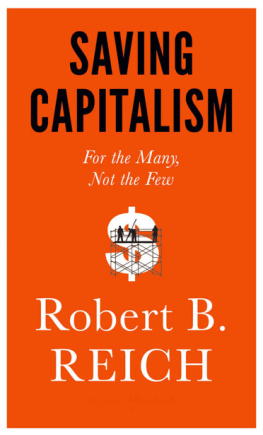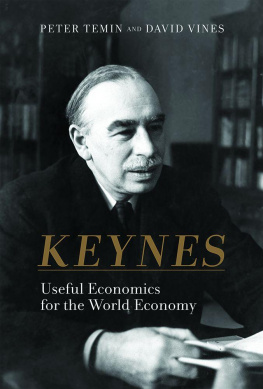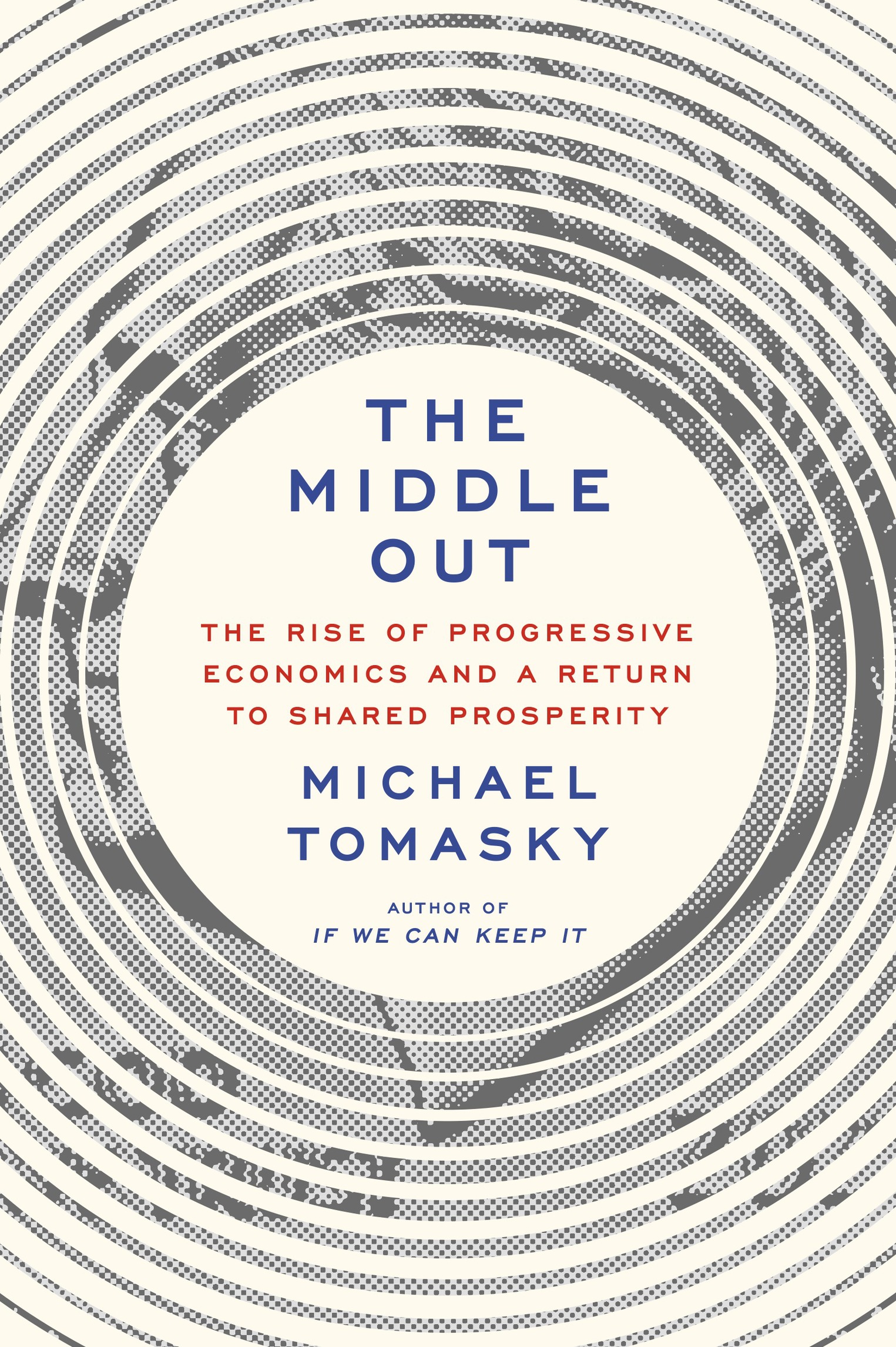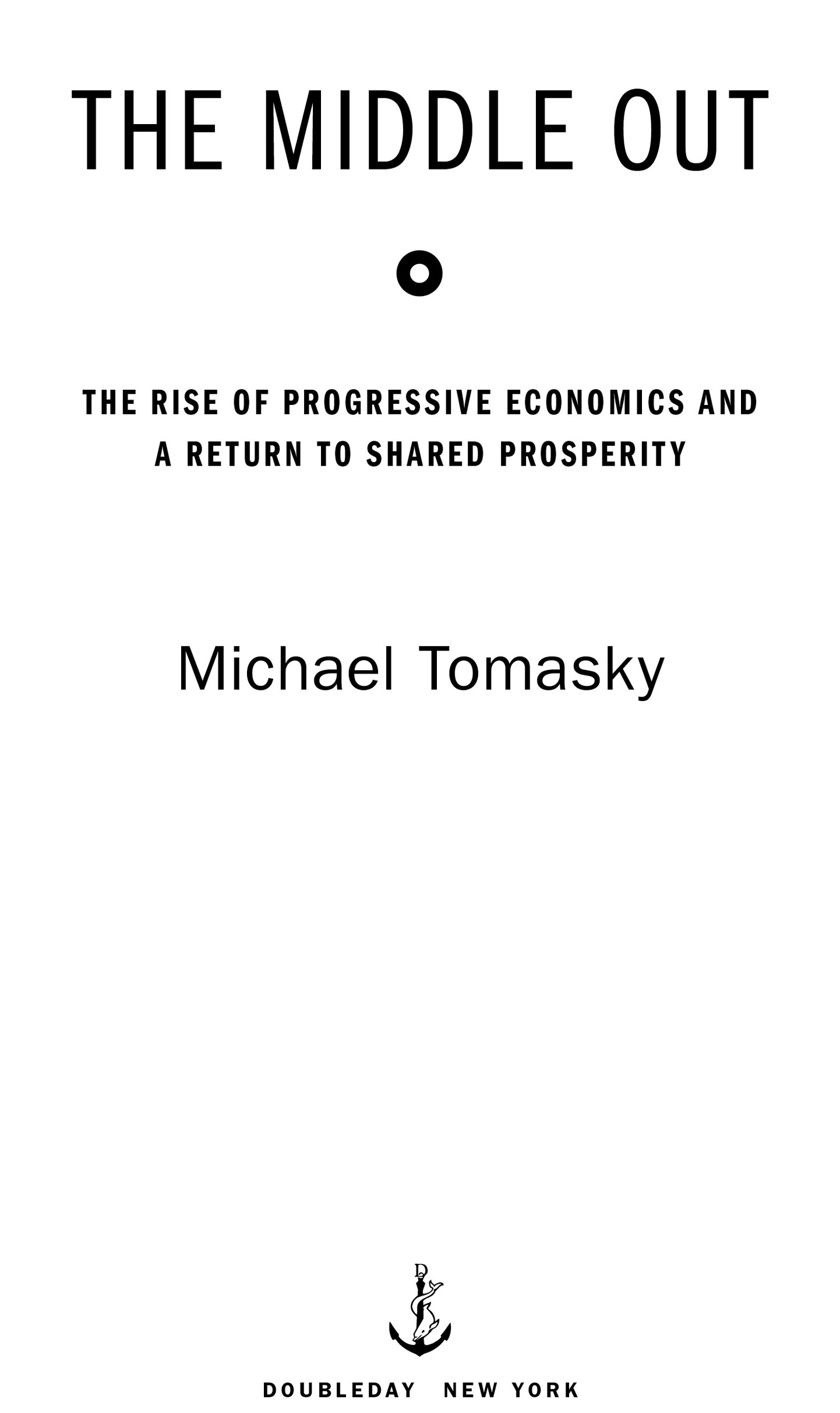ALSO BY MICHAEL TOMASKY
Left for Dead
Hillarys Turn
Bill Clinton
If We Can Keep It
Copyright 2022 by Michael Tomasky
All rights reserved. Published in the United States by Doubleday, a division of Penguin Random House LLC, New York, and distributed in Canada by Penguin Random House Canada Limited, Toronto.
www.doubleday.com
Doubleday and the portrayal of an anchor with a dolphin are registered trademarks of Penguin Random House LLC.
Cover design by Matt Chase
Library of Congress Cataloging-in-Publication Data
Names: Tomasky, Michael, [date] author.
Title: The middle out: the rise of progressive economics and a return to shared prosperity / Michael Tomasky.
Description: First edition. | New York: Doubleday, [2022] | Includes bibliographical references and index.
Identifiers: LCCN 2021058667 | ISBN 9780385547161 (hardcover) | ISBN 9780385547192 (ebook)
Subjects: LCSH : United StatesEconomic policy2009 | Middle-classUnited StatesEconomic conditions21st century. | EconomicsUnited States. | CapitalismUnited States.
Classification: LCC HC 106.84 . T 66 2022 | DDC 330.973dc23/eng/20211227
LC record available at https://lccn.loc.gov/2021058667
Ebook ISBN9780385547192
ep_prh_6.0_140845394_c0_r0
Neoliberalism forthrightly aimed to dismantle the social state. it is not only social regulation and redistribution that are rejected as inappropriate interferences in markets or as assaults on freedom. Also jettisoned is democracys dependence on political equality.
Wendy Brown
CONTENTS
PREFACE: ITS ALL ONE ARGUMENT
Conservatives have convinced most Americans that the free market means personal freedom. And it does, for those with the means to eat at high-end locavore restaurants or purchase the right to skip the lines at Disney World. But that isnt most people. Most people live with a constant, low-level anxiety about potential job loss or unexpected bills. An ongoing Economic Anxiety survey sponsored by National Public Radios Marketplace found in October 2020 that more than half of all Americans were fearful of losing their jobs and nearly half couldnt cover an unexpected $250 expense. Yes, this was during the pandemic, when economic anxiety was certainly nudged higher, but this anxiety has been a fixture for many Americans since the survey began in 2015. Millions of Americans live in towns where the free market has produced for them the career options of working at the Dollar Store or selling a little Oxy.
What sort of freedom is that?
This book is about changing that; changing, as Joe Biden was fond of saying when he unveiled his ambitious economic plans in the spring of 2021, the economic paradigm. Through a combination of historical exposition and present-day reporting, I hope to show readers two things: first, how we got into this predicament where so many people put faith in an economic arrangement that immiserates them; and second, that there are people, from the president and his aides down to activists and economists and folks in the foundation and nonprofit worlds, working hard to move the country to a better place. The Biden administration has made some commendable progress in changing the economic circumstances of Americans, even if inflation understandably dulled the luster of the biggest GDP increase in almost forty years and record employment gains (6.6 million jobs created in 2021). But the immense difficulty the administration faced, even within the Democratic Party, in passing the legislation it did, and the failure as of this writing to pass the Build Back Better bill thanks to one senators opposition, showed that the battle of ideas will be a long one. And so this book will conclude with my views on how liberals can win this fight.
Here is a truism of our political discourse that is not widely enough recognized: the right thinks in terms of morals, while the left tends to see matters through an economic lens. That is, ask someone on the right what ails America, and he or she will almost certainly begin with a discussion of moral decay: weve lost our way, left God, abandoned the old values of thrift and hard work that made America great. Ask someone on the left the same question, and she or he will much more likely start by citing statistics on wage stagnation and the transfer of wealth from the middle class to the rich over the last fifty years.
Its not hard to see why, to your average person, the right-wing argument is more compelling. Its emotional. It resonates. Everyone in the world thinks things were better when they were young. Nearly everyone is patriotic in a basic, uncomplicated way. Most people are religious to one degree or other. So the rights rhetoric along these lines hits home. And the hypocrisy argument doesnt work. No matter how many evangelical preachers are caught in love nests, no matter how much un-Jesus-like hatred some of them spew from their pulpitsthis perception will never be dislodged.
So the broad left, by which I mean everyone from the House members who make up the Squad to more centrist senators, cant win a morals argument. True, Joe Bidens deeply held Catholicism has helped bulletproof him against charges of radicalism. Nonetheless, religious morality is not the terrain on which the left will win political arguments. We can win, though, on economics.
Heres why. People have two lives: material and spiritual. Modern liberalism is ill-equipped to make peoples lives spiritually better. But it can make peoples lives materially betterwith better wages and health care, less fear of financial crisis, better roads, a faster internet, and more. If liberalism can deliver those things, I believe it can cobble together an electoral coalition that can win most of the time. But we cant do it solely by citing statistics. Wemore precisely, elected Democrats, because theyre the ones who have the megaphonecan win by tying economic policies to the larger ideas that Americans care most deeply about: democracy and freedom.
We happen to be deep in a historical moment when our democracy is under assault from the right as never before and when freedom has been grotesquely redefined to include the right to get other people sick. Democrats have to fight these fights. But they also have to recognize that these arent separate fights from the battle to reimagine economics in a way that delivers fewer benefits to the rich and more to the middle class. Its all one argument: economic inequality and concentration of wealth and political power in the hands of the few weaken democracy and limit freedom. Liberalism tends to treat these as separate issues. Conservatism, as I will show, has tended to fuse them into one argument, and it has done so to considerable success. Its time for Democrats to seize that high ground. This book is my attempt to help them make the case.
INTRODUCTION
How Do You Change an Economy?
Heather Boushey remembers when it struck her that the work she was doing had taken a more serious turn. An economist who grew up in Washington State, she earned her PhD in economics from the New School for Social Research, a center of progressive thought since its founding in 1919. Boushey (boo-SHAY) had joined Joe Bidens presidential campaign staff in March 2020, just as the coronavirus pandemic was upending the nations daily life and its politics. She was one of a relatively small number of younger economists who had, since the Great Meltdown of 20082009 (she was thirty-eight when the global economy nearly collapsed), produced work that challenged her profession and asked probing questions about how most of that profession had failed to see the collapse coming.

